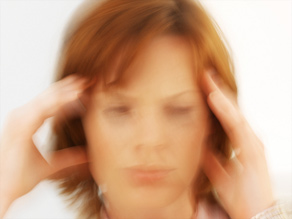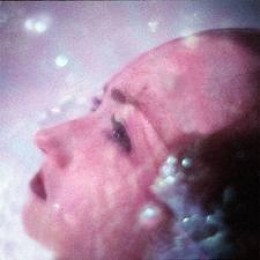

If you're older, it's more likely to be a stroke, especially if you've never had a migraine before or you have high blood pressure or an irregular heartbeat.ĭoctors aren't sure exactly how migraine and strokes are linked.

If you're young, it's more likely to be a migraine.That means added sensations, like flashes in your vision or tingling in your skin. A migraine is more likely to have "positive" symptoms. A stroke is more likely to have what are called "negative" symptoms such as you might lose sight in one eye or lose feeling in one of your hands or feet.With a migraine, they happen gradually the headache usually starts small and gets more painful. With a stroke, symptoms usually come on suddenly.It can be hard to tell the difference between a migraine with aura and a TIA. That tends to happen more often as you get older. Sometimes, you'll have those symptoms but never get a headache. You might have ringing in your ears or trouble speaking. You may see light flashes, zig-zagged lines, or blind spots, or you might feel tingling or numbness in your arms, legs, or face. An aura affects your senses and usually happens before the headache. The pain may throb or pulse, and you usually feel it on one side of your head around your eye or temple.Ī migraine with aura is the kind that can be confused with a stroke. Migraine is a disease that causes recurrent attacks of head pain together with other symptoms such as a bad headache that often comes with nausea, vomiting, and sensitivity to light, sound, smell, or touch. Symptoms are less severe than with a regular stroke and may last less than an hour. It's also known as a "mini stroke" because blood flow to your brain is cut off only for a short time. The kind of stroke that tends to be mistaken for a migraine is called a transient ischemic attack, or TIA. Sudden dizziness or loss of balance or coordination.Trouble speaking or trouble understanding others.Numbness or weakness, especially on one side of your body.Either a blood vessel is blocked, for instance with a blood clot, or a blood vessel tears or bursts and causes bleeding in or around the brain.Ī sudden severe headache can be a sign of a stroke. Cells there don't get enough oxygen and start to die. What Is a Stroke?ĭuring a stroke, blood flow to part of your brain is cut off. Most people with migraine have similar symptoms each time. If you get migraine and your aura symptoms or headaches seem different than what you’ve typically experienced, get checked out. It's rare to have your first symptoms when you're older. People who get migraine typically have it most of their lives. If you're over 40 and have never had a migraine, assume your pain is something more serious. Early treatment can limit the damage to your brain and possibly save your life. If you think there's even the slightest chance you're having a stroke, call 911 right away. How do you know if it's something serious? Some of the symptoms of a migraine can be very much like those of a stroke.


 0 kommentar(er)
0 kommentar(er)
